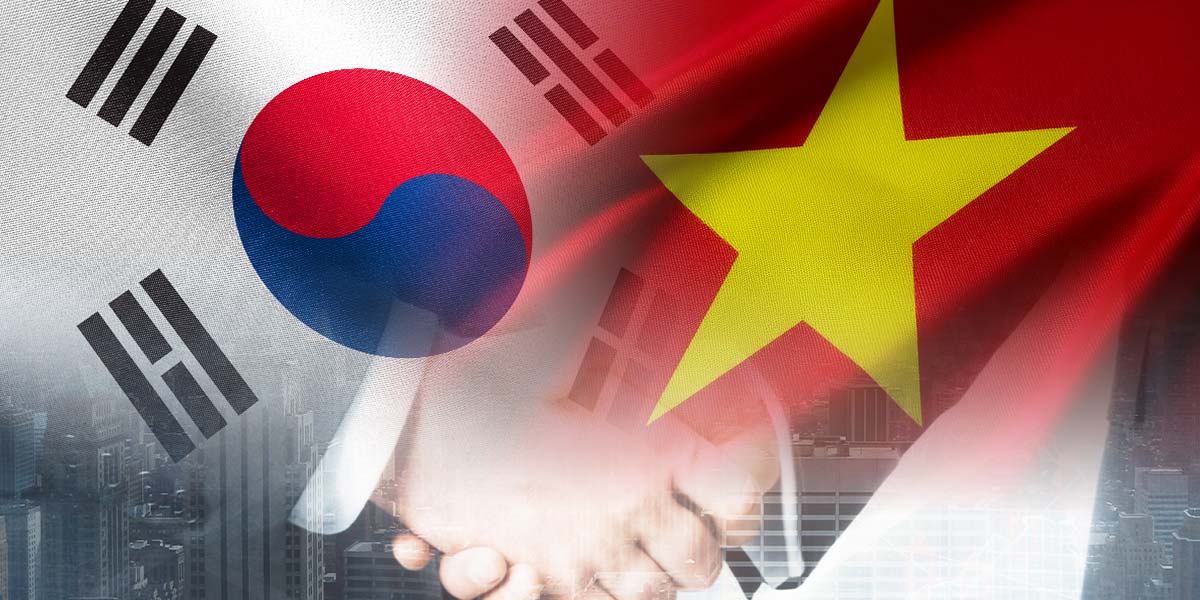Following U.S. President Donald Trump’s announcement of “reciprocal” tariffs that create trade difficulties to several nations, South Korea and Vietnam decided to overcome the issue by forming close cooperation.
Several of South Korea’s companies, such as Samsung, have been relocating their presence from China to Vietnam due to China’s rising manufacturing cost and political risks. However, this tactic is now losing its advantage as Vietnam now faces the U.S.’ 46% import tariffs.
All U.S.’ trade partners also face these “reciprocal” tariffs, with South Korea facing a 25% duty. Currently, these tariffs are on pause for 90 days. During which, all the trade partners, including these two Asian nations, must search for measures that can protect their interests.
Yesterday, South Korean Foreign Minister Cho Tae-yul met with Bui Thanh Son, his Vietnamese counterpart, and formed a corporation agreement. The two nations now plan to boost their bilateral trade to $150 billion within five years in a “more balanced and sustainable manner”.
South Korean businesses are also being encouraged by Vietnam to expand their operations in the nation, especially in infrastructure, electronics, semiconductors and renewable energy operations.




